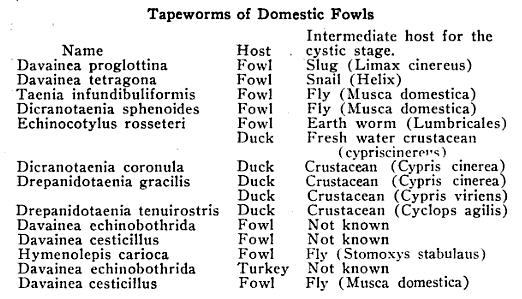Quote:
A way for the government to create hysteria? Are you kidding me?????
Good luck to you, and to your flock.
This is a quote from a Florida Extension Service article.
The chickens pick up the parasite eggs directly by ingesting contaminated feed, water, or litter or by eating snails, earthworms, or other insects (intermediate hosts) which can carry the eggs. Further down it mentions earthworms and grasshoppers as intermediate hosts for roundworms.
Just for the record, here's a link to the article.
http://edis.ifas.ufl.edu/VM015
Unless you keep your chickens in solitary confinement, away from earthworms, insects, and wild birds, there is a great chance they have worms. The contaminated feed, water, and litter means that it has bird droppings in it, like when an infected bird perchs above a feeder or a wild bird leaves a deposit in the run.
Some worm prevention methods:
Keeping the grounds dry and clean. Use pine shavings (not chips) instead of hay, put down sand instead of letting them be on bare soil. These methods dry out the ground and worm eggs and bacteria have a harder time existing in those conditions. They keep the birds' area more hygienic and thus more clean smelling. It's WAY easier to clean, too!
For treats like scratch, use in the bedding instead of the ground. They'll fluff up and aerate the bedding for you, have less access to droppings and shed parasite eggs, and will dry the bedding as well.



